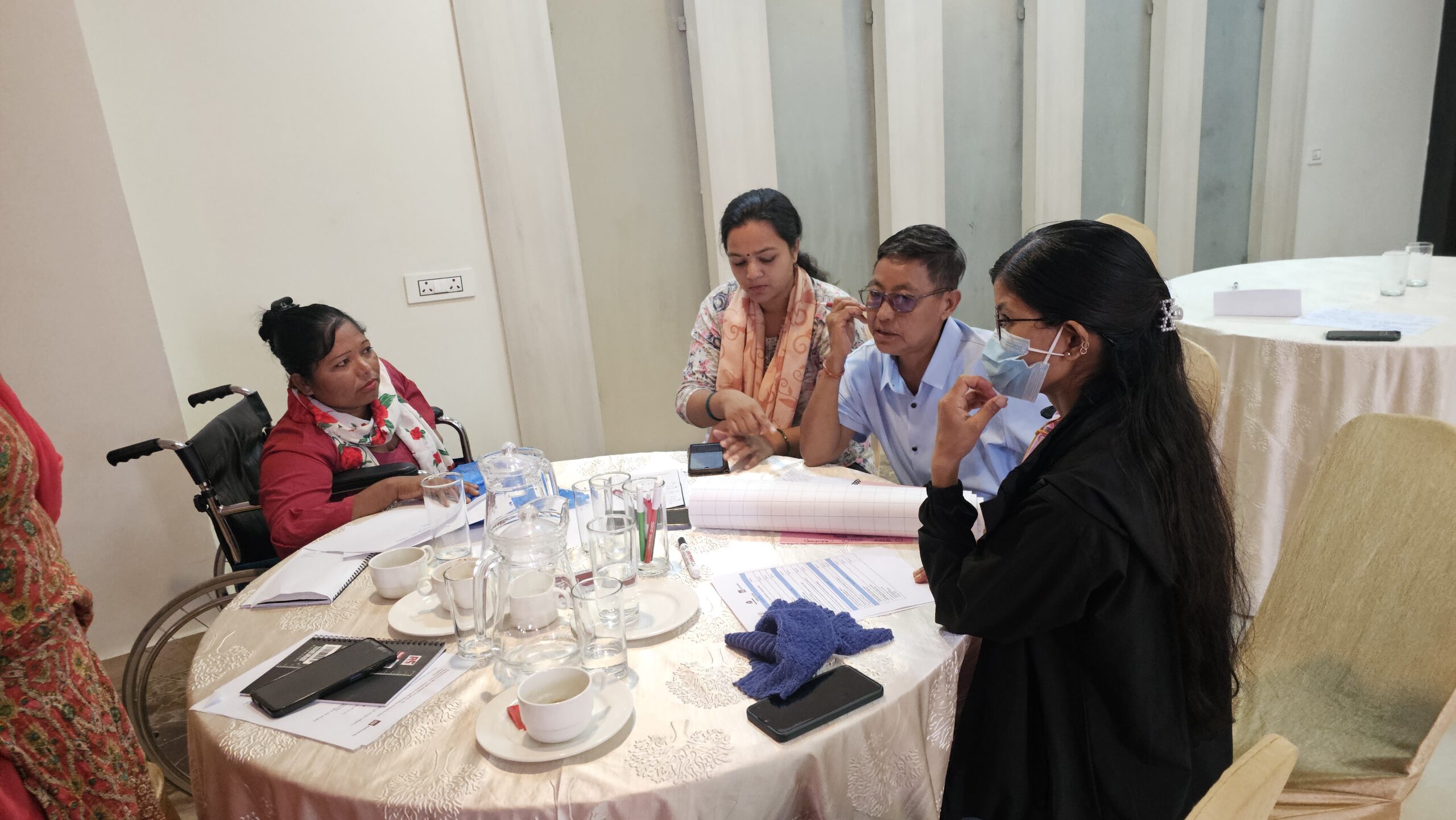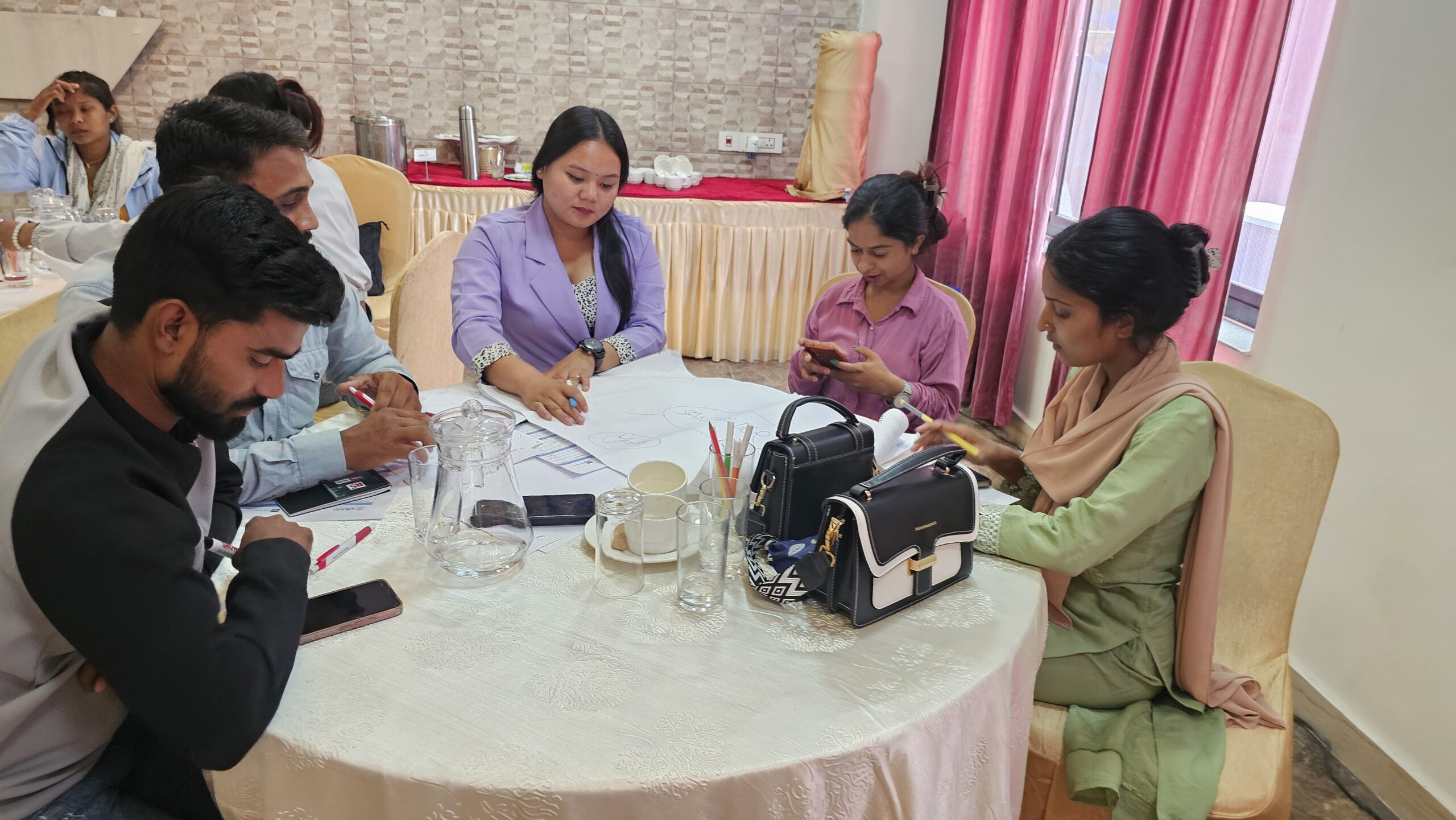By Rachana Khatri and Rashi Maharjan
May marked an exciting and inspiring month for us in our ongoing efforts to strengthen civic engagement in Lumbini and Madhesh province! Through the USAID’s Civil Society and Media (CSM) program implemented by The Asia Foundation, Impact Hub Kathmandu is leading the Year II of Capacity Building and Leadership Coaching Program for the emerging community leaders in Banke, Bardiya, Bara and Parsa. The Civil Society and Media (CSM) activity is a five-year program (2022-2027) funded by the USAID through CSM-STAND-LWA, with The Asia Foundation as the lead implementer. CSM’s overarching goal is to support independent civil society and media led by and for women, youth and marginalized communities to enhance public interest, fundamental freedoms and accountability. Through our Year I program, 26 civic leaders were provided with the leadership and capacity building support which in turn led to increased engagements in civic spaces. This year, we are working with 36 civic leaders in the region!
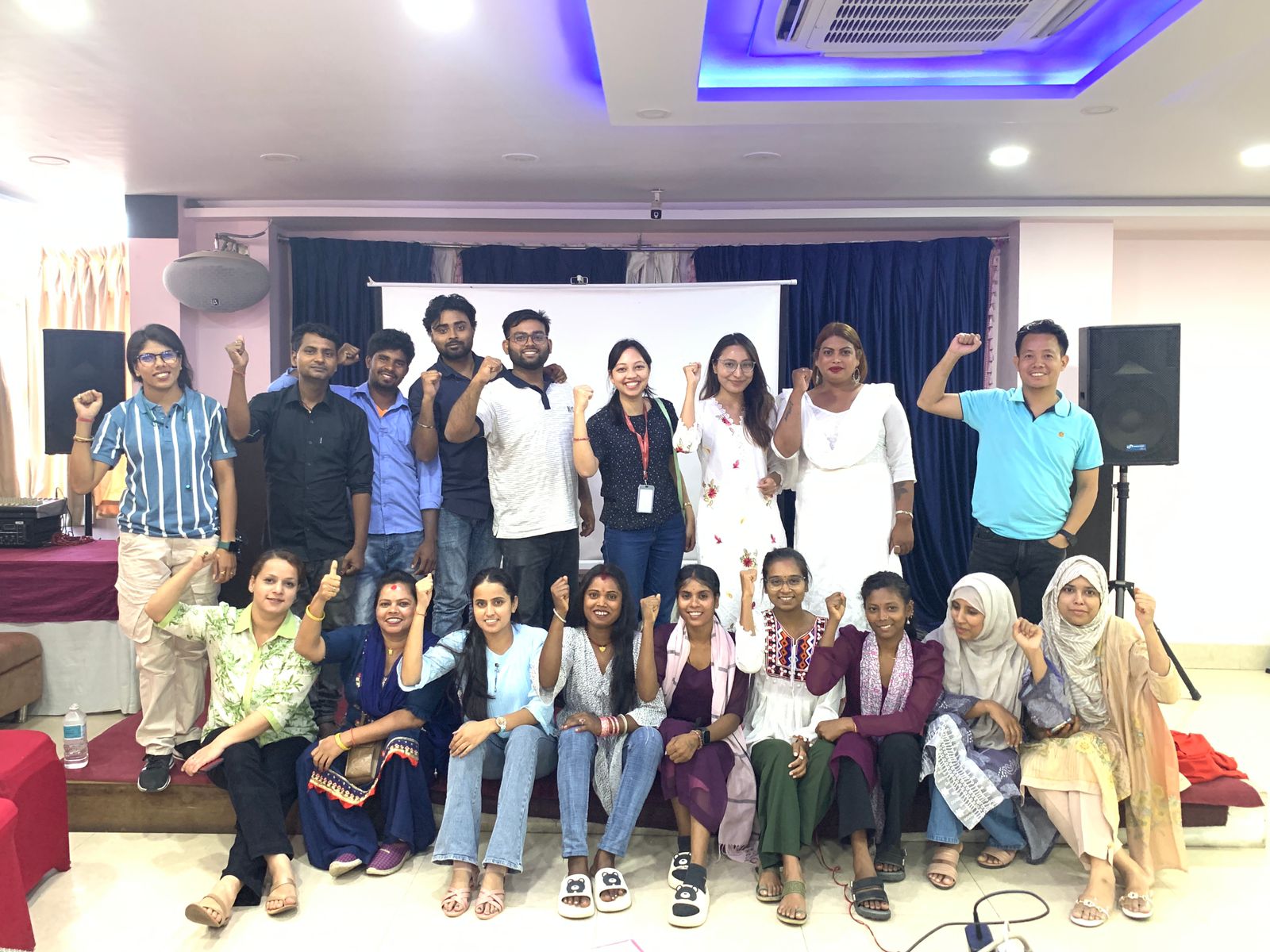
Our human-centered design research with the civic leaders validated the critical need for capacity building and support for civil societies and networks as like past year This support is even critical for leaders from Women, Youth and Marginalized communities at the grassroot level around various levels- knowledge, skills, networks and attitude. As part of our commitment to fostering robust civic engagement, we conducted two pivotal workshops designed to enhance the leadership skills and digital literacy of emerging civic leaders in Lumbini and Madhesh provinces.
Workshop 1: Building Leadership, Public Narrative, and Stakeholder Mapping
Our first workshop titled “Building Leadership, Public Narrative, and Stakeholder Mapping,” allowed civic leaders to introspect and reflect on their leadership journeys. The workshop aimed to equip participants with the tools to articulate their unique stories and define their public narratives. The emphasis on personal storytelling allowed leaders to craft compelling narratives that resonate with their communities, highlighting their individual journeys, challenges, and triumphs. Participants engaged in interactive sessions where they explored the power of public narrative in advocacy. They were guided through exercises to identify and articulate their core values, motivations, and experiences that shape their leadership. This reflective process not only strengthened their personal narratives but also empowered them to communicate their vision and mission more effectively to their stakeholders.
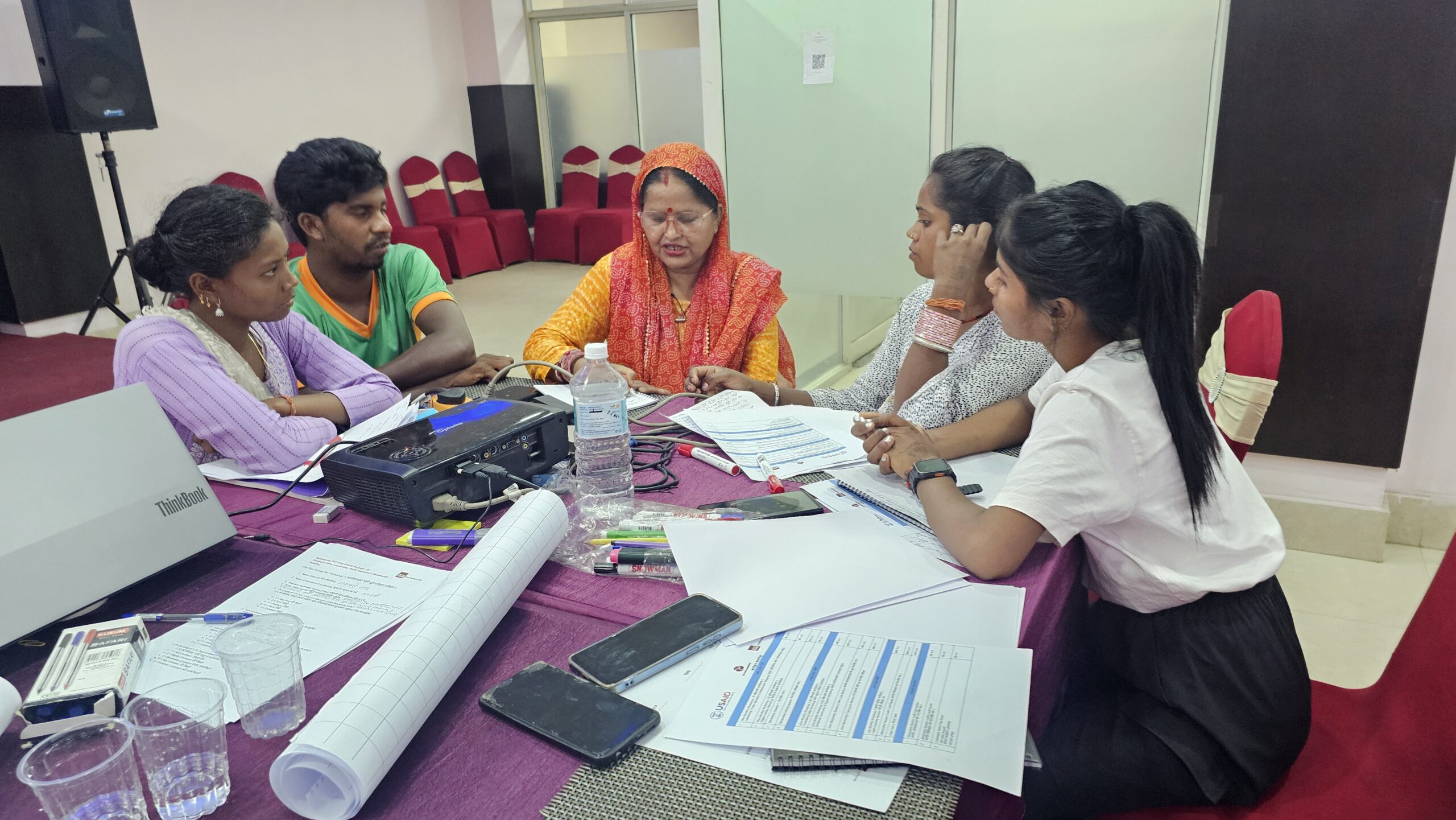
A critical component of the workshop was stakeholder mapping. Civic leaders were introduced to techniques and strategies for identifying and engaging key stakeholders essential to their advocacy work. Through collaborative activities, they mapped out stakeholders within their communities and strategized on how to build and sustain productive relationships. Our participants also realized the importance of networking and alliance-building in advancing their causes and achieving long-term impact.
Workshop 2: Digital Literacy and Tools
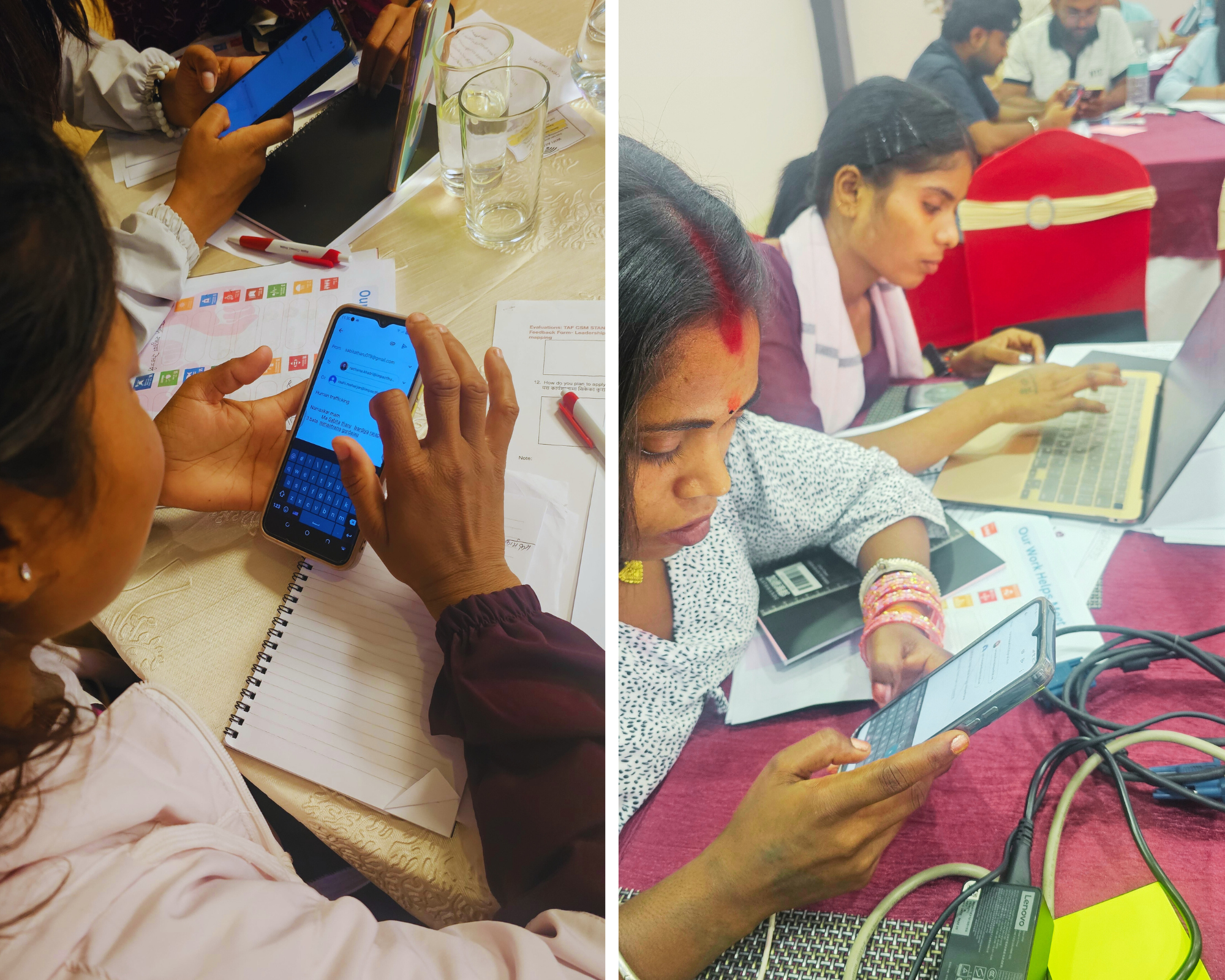 We also organized a ‘Digital Literacy Workshop focused on equipping civic leaders with essential digital skills to elevate their advocacy efforts in the digital age. Recognizing the growing influence of digital platforms, we familiarize participants with basic digital interfaces and applications that can amplify their advocacy initiatives and broaden their reach. Civic leaders were introduced to a range of digital tools and platforms including communication tools, content creation applications, and social media. The sessions provided hands-on training, enabling participants to navigate these tools confidently and utilize them to enhance their digital presence. They learned how to create compelling digital content, engage with their audience effectively. Additionally, the workshop highlighted the importance of digital security and privacy, ensuring that civic leaders are equipped with the knowledge to protect their online activities and data.
We also organized a ‘Digital Literacy Workshop focused on equipping civic leaders with essential digital skills to elevate their advocacy efforts in the digital age. Recognizing the growing influence of digital platforms, we familiarize participants with basic digital interfaces and applications that can amplify their advocacy initiatives and broaden their reach. Civic leaders were introduced to a range of digital tools and platforms including communication tools, content creation applications, and social media. The sessions provided hands-on training, enabling participants to navigate these tools confidently and utilize them to enhance their digital presence. They learned how to create compelling digital content, engage with their audience effectively. Additionally, the workshop highlighted the importance of digital security and privacy, ensuring that civic leaders are equipped with the knowledge to protect their online activities and data.
By the end of the workshop, participants expressed a renewed sense of confidence in their ability to harness digital tools for advocacy and motivation to connect with a wider audience and drive social change more effectively.
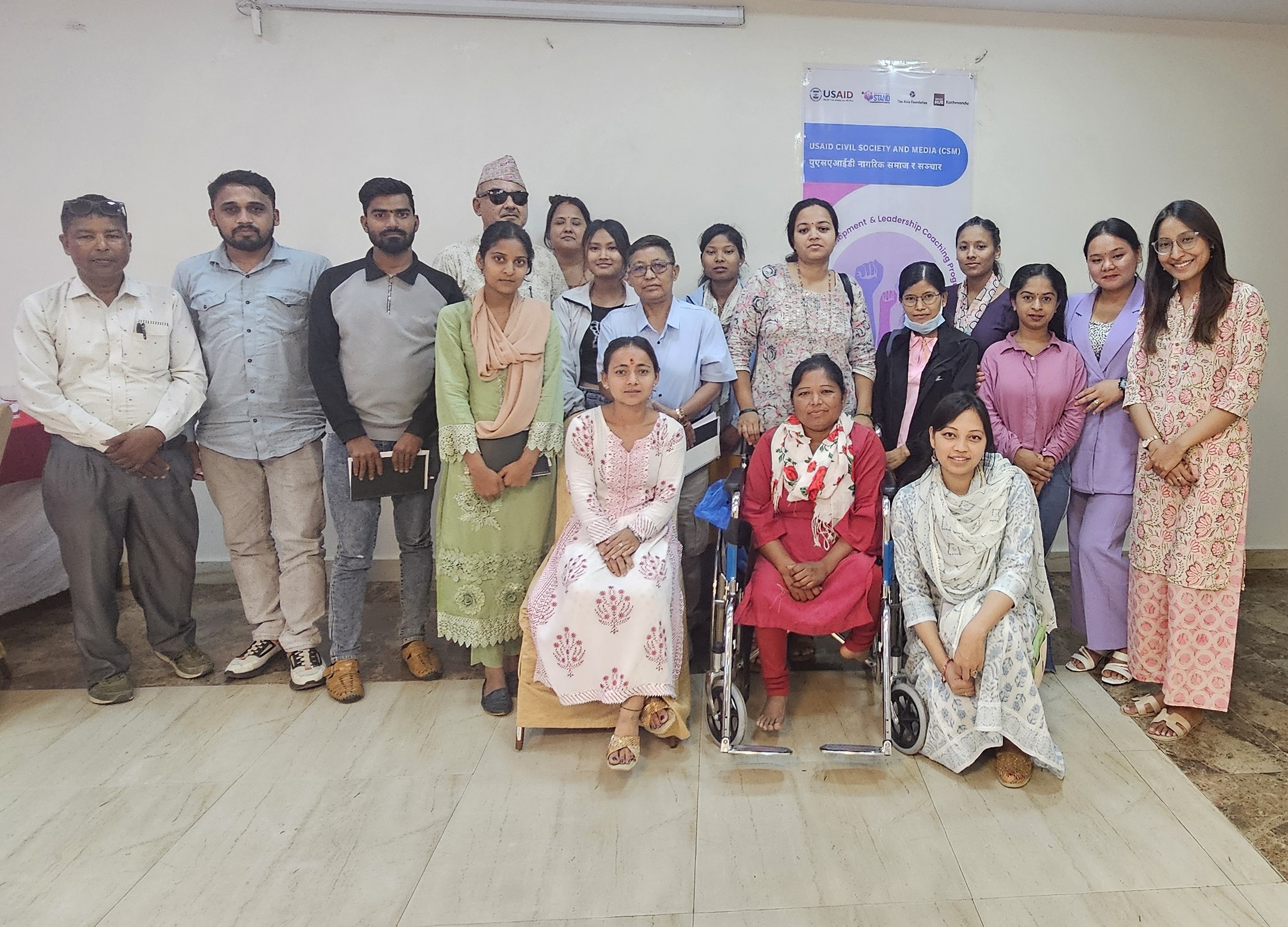
Looking Ahead
As we progress through the program, our commitment to building the capacity of civic leaders and fostering a vibrant civil society continues to support and develop opportunities for civic leaders across Nepal with hope that insights and skills gained from these workshops will undoubtedly empower them to take the interests of WYM community in the public institutions and civic space!
